
Following the various types of lockdown measures introduced to limit the spread of Covid-19, many corporations had to pause their work or continue only with limited capacity. Small companies especially took significant losses and many were forced to shut to staunch the financial bleeding.
However, it is worth noting that the law has options to help save a distressed company. Republic Act No. 10142 (the Financial Rehabilitation and Insolvency Act of 2010, or FRIA) encourages struggling businesses – including sole proprietorships, partnerships, corporations and individual debtors – to undergo rehabilitation. The FRIA does not apply to banks, quasi-banks, insurance companies or pre-need companies, all of which are governed by different laws and regulations.
Rehabilitation allows for the continuation of corporate activities as a business is restored to solvency (Wonder Book Corporation v. Philippine Bank of Communication, G.R. No. 187316, 2012). The process may be court-supervised (which may either be voluntary or involuntary, depending on the initiator), follow a pre-negotiated plan or use out-of-court or informal proceedings.
Court-Supervised Rehabilitation
If a business is unable to pay its obligations, an insolvent debtor may voluntarily begin a rehabilitation proceeding by filing a petition with the court.
The party who can initiate the petition depends on the type of business. For instance, if the company is a sole proprietorship the party will be the owner. If it is a partnership, initiation will require agreement of the majority of the partners. And in stock corporations, the party will be a majority vote of the Board or trustees, authorized by at least a two-thirds vote of the outstanding capital stock (or of the members, in the case of non-stock corporation).
On the other hand, involuntary court-supervised rehabilitation may be initiated by any creditor or group of creditors with a claim of approximately ₱1 million (US$19,900) or at least 25% of the subscribed capital stock or partners’ contributions, whichever is higher.
Involuntary court-supervised rehabilitation may be initiated if a) there is no genuine issue of fact or law on the claims of the petitioner and the company’s due payments have not been made for at least sixty days or that the debtor has failed generally to meet its liabilities; or b) a different creditor has initiated foreclosure proceedings against the debtor preventing them from paying their debts as they come due.
Despite the pain of Covid-19, remedies like these offer distressed companies a way to survive shuttering.
In both instances, a Rehabilitation Plan must be attached to the petition. Such a plan aims to restore the financial viability of an insolvent debtor through debt forgiveness, debt rescheduling, reorganization, dacion en pago, debt-equity conversion, sale of the business, creating a new entity or other options approved by the court or creditors.
Pre-Negotiated Rehabilitation
In a pre-negotiated rehabilitation, an insolvent debtor by itself, or with its creditors, may file a court petition for the approval of a pre-negotiated plan.
This plan must have been approved by creditors holding at least two-thirds of the total liabilities of the debtor, including secured creditors with more than 50% of the total secured claims of the debtor and unsecured creditors holding more than half of the total unsecured claims of the debtor.
Informal Restructuring Agreement
Lastly, an out-of-court or informal restructuring agreement and rehabilitation plan must meet the following minimum requirements. The debtor must a) agree to it, b) it must be approved by creditors representing at least 67% of the secured obligations of the debtor, c) it must be approved by creditors representing at least 75% of the unsecured obligations of the debtor and d) it must be approved by creditors holding at least 85% of the total liabilities – secured and unsecured – of the debtor.
Only when rehabilitation is no longer feasible, despite the appointment of a receiver and a rehabilitation committee, can liquidation of the debtor’s assets and the settlement of its obligations begin. Despite the pain of Covid-19, remedies like these offer distressed companies a way to survive shuttering. With careful rehabilitation, a struggling business may find a new lease on life.
This article is for informational and educational purposes only. It does not constitute legal advice. This first appeared in Business World, a newspaper of general circulation in the Philippines.
 |
Zyra G. Montefolca
Zyra G. Montefolca is an associate of the Davao |
Angara Abello Concepcion Regala & Cruz Law Offices (ACCRALAW)
22/F-26/F, ACCRALAW TOWER, 2nd Avenue corner 30th Street, Crescent Park West, Bonifacio Global City, 1635 Taguig, Metro Manila, PHILIPPINES
*This article is the IHC Magazine’s off-shore update for July 2021 issue. Click here to read the full magazine


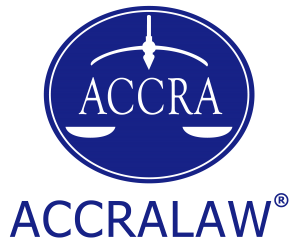



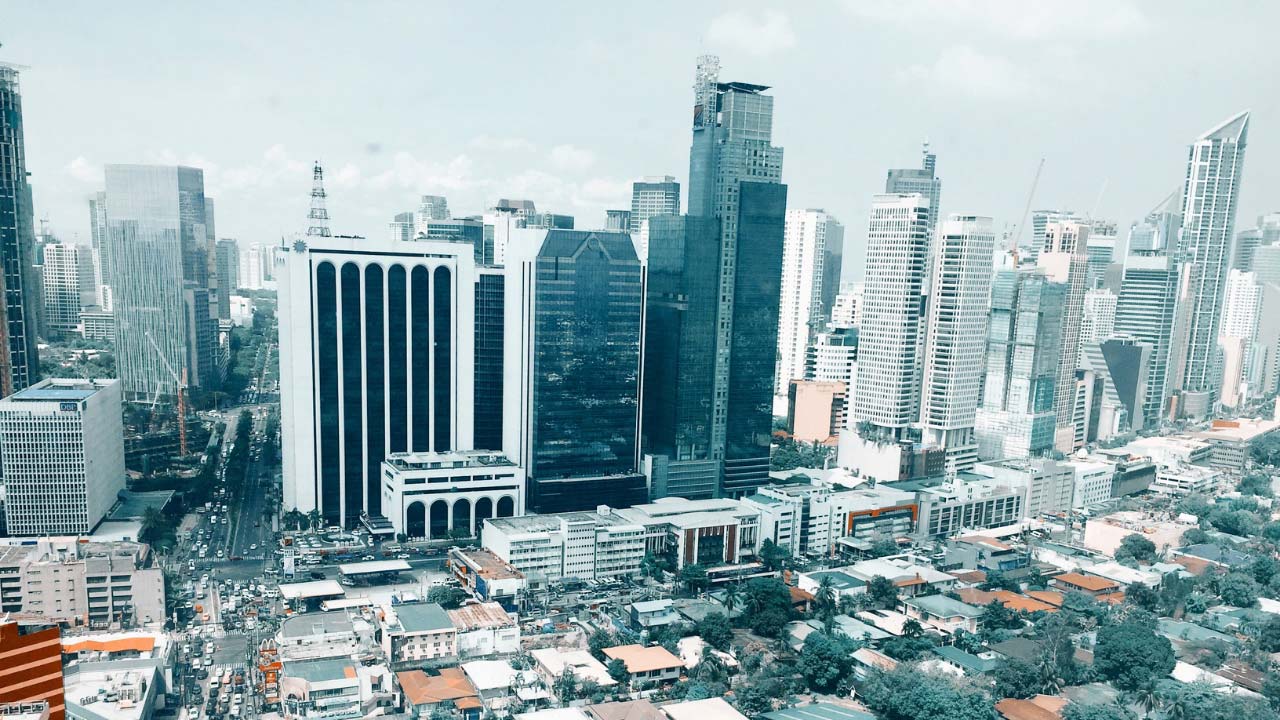
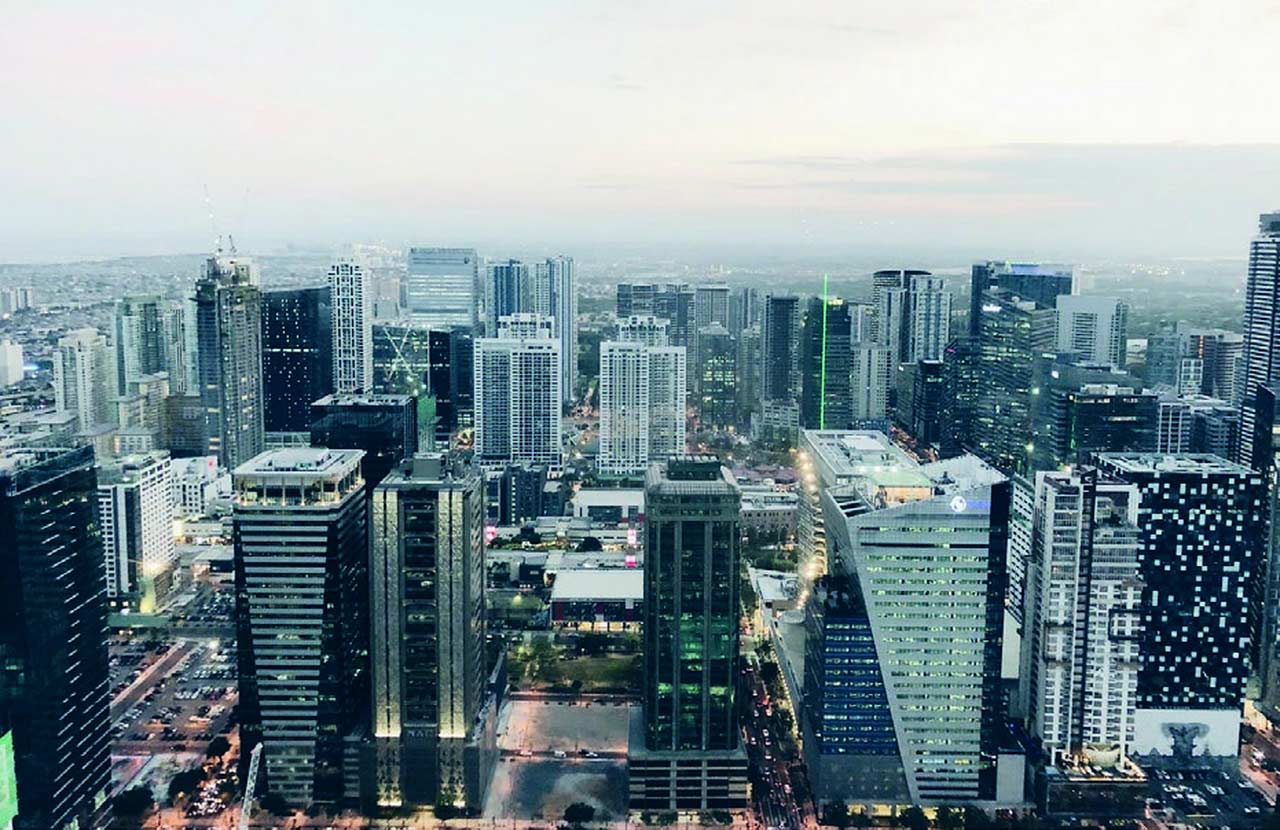
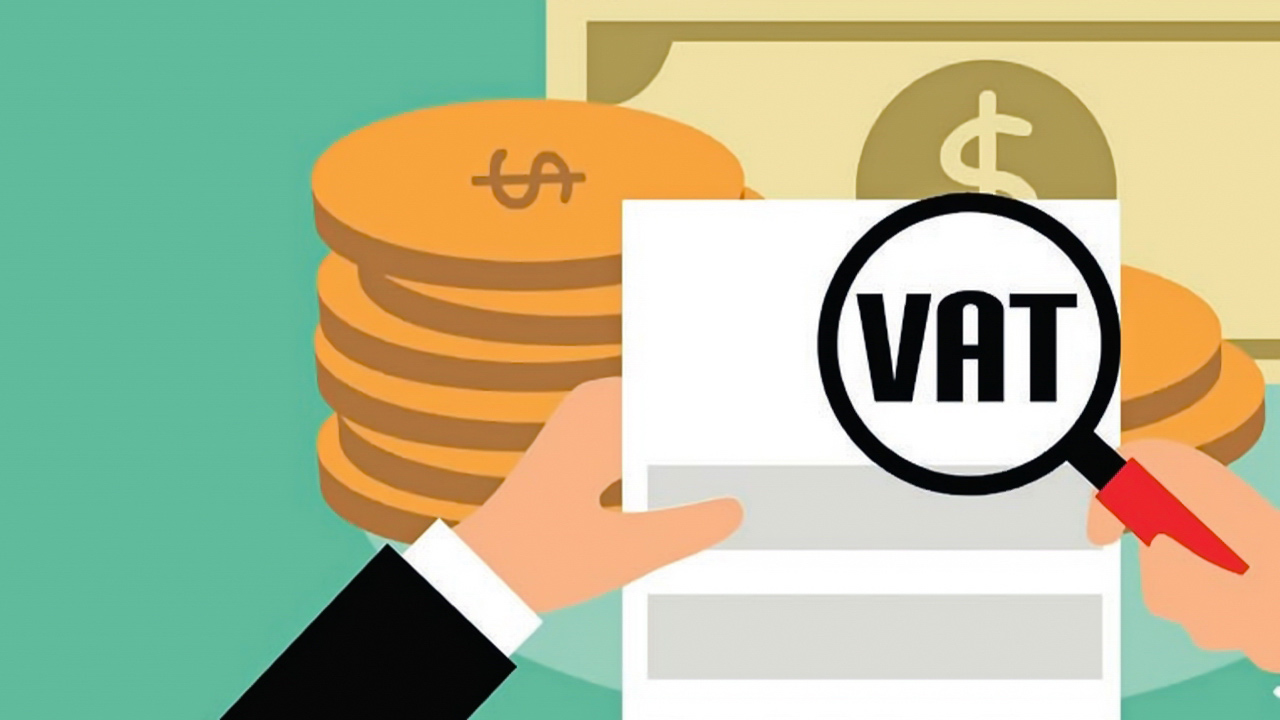

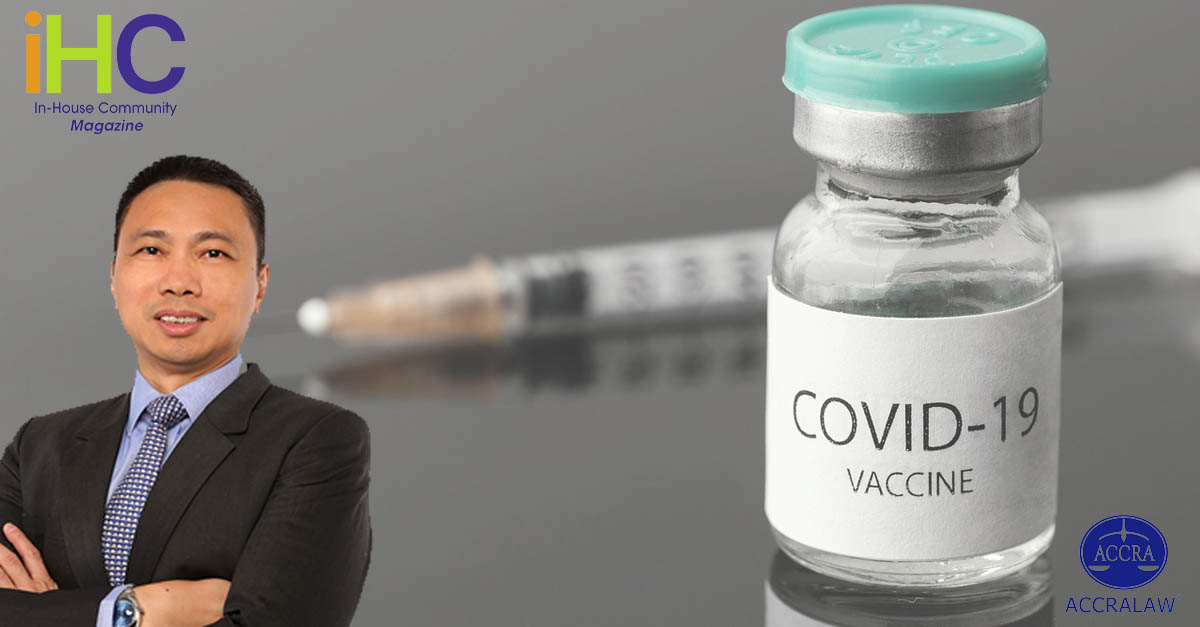
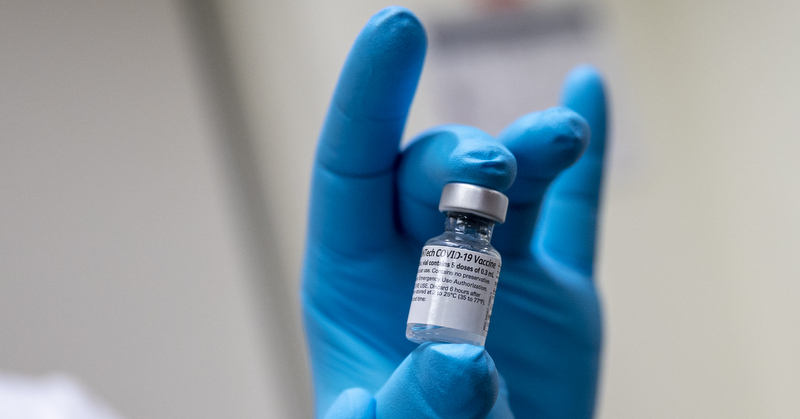




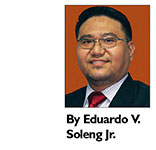


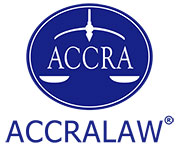 Angara Abello Concepcion Regala & Cruz Law Offices (ACCRALAW) 2020
Angara Abello Concepcion Regala & Cruz Law Offices (ACCRALAW) 2020







